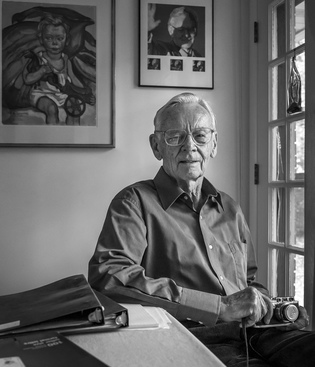DGES Undergraduate wins the 2018-2019 Julius Lukasiewicz Award in Technology, Society, Environment Studies

Molly Touchie, a third-year undergraduate environmental studies student with the Department of Geography and Environmental Studies, has been awarded the 2018-2019 Julius Lukasiewicz Award in Technology, Society, Environment Studies.
Molly will examine how the masking of social and environmental impacts associated with technology adoption, using Albert Borgmann’s Device Paradigm, extends beyond Borgmann’s framing to include the masking, or hiding, of global violence.
“In Technology and the Character of Contemporary Life, Albert Borgmann uses the ‘Device Paradigm’ to describe the ways in which technologies impact upon contemporary society. One feature of the device paradigm is how it disconnects the social impacts of technology from the experience of using and benefitting from the technology. A second is how it masks the environmental impacts of a technology,” Molly explains. “I propose to extend this masking characteristic of technology adoption to the masking of global violence related to resource extraction of minerals for low-carbon technologies.”
As part of this examination, she will also argue that this masking is generated not only by the actual use of a technology but by the narratives associated with a technology. She will use solar power technology, and Green energy narratives associated with it, as a case study.
The Julius Lukasiewicz Award is awarded annually, if merited, on the recommendation of the Chair of the Technology, Society, Environment Studies Committee, to a student who have successfully completed at least one Technology, Society and Environment (TSE) course at the 3000 level or above and who is carrying out research on themes relating to technology, society and the environment and the interactions between these. This award is intended to facilitate the communication of research. It was originally endowed in 2002 and revised 2011.

Julius Lukasiewicz was a professor at Carleton University in Ottawa from 1971 until his retirement in 1997 where he taught mechanical and aerospace engineering and founded the ground-breaking interdisciplinary program “Technology, Society and Environment.”